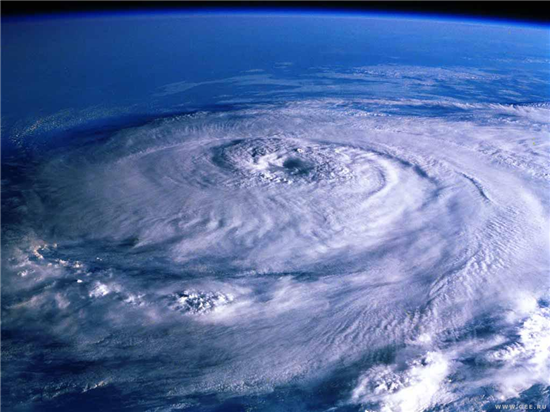Now astrologers and astronomers are at opposite ends of the scientific spectrum, but this was not always the case. At the end of the 16th century, Tycho Brahe wrote that the astrological laws observed in the last 12 days of December can be used to accurately predict the weather in each month of the coming year. He kept a journal of observations in the hope of proving a theory, but one can only guess how sure he was of them if he published the magazine in the form of a textbook under the name of one of his students.
Johann Kepler was also a big supporter of the use of astrology for weather forecasting and did it constantly with overwhelming success. He was credited with incredibly accurate weather calendars, based on his observations of the stars, and the prediction of dates when the storm breaks out. Both Kepler and Brahe were supporters of astrology as meteorology, but between them there was one big difference - Brahe thought that the Earth does not rotate.
The movement of the planets is the key to astrological predictions, and whether the planet is moving or not really matters. Even in the Victorian era, the idea that the weather could be predicted by the stars had great support, and even respected scientists used the term "weather prophecy."






